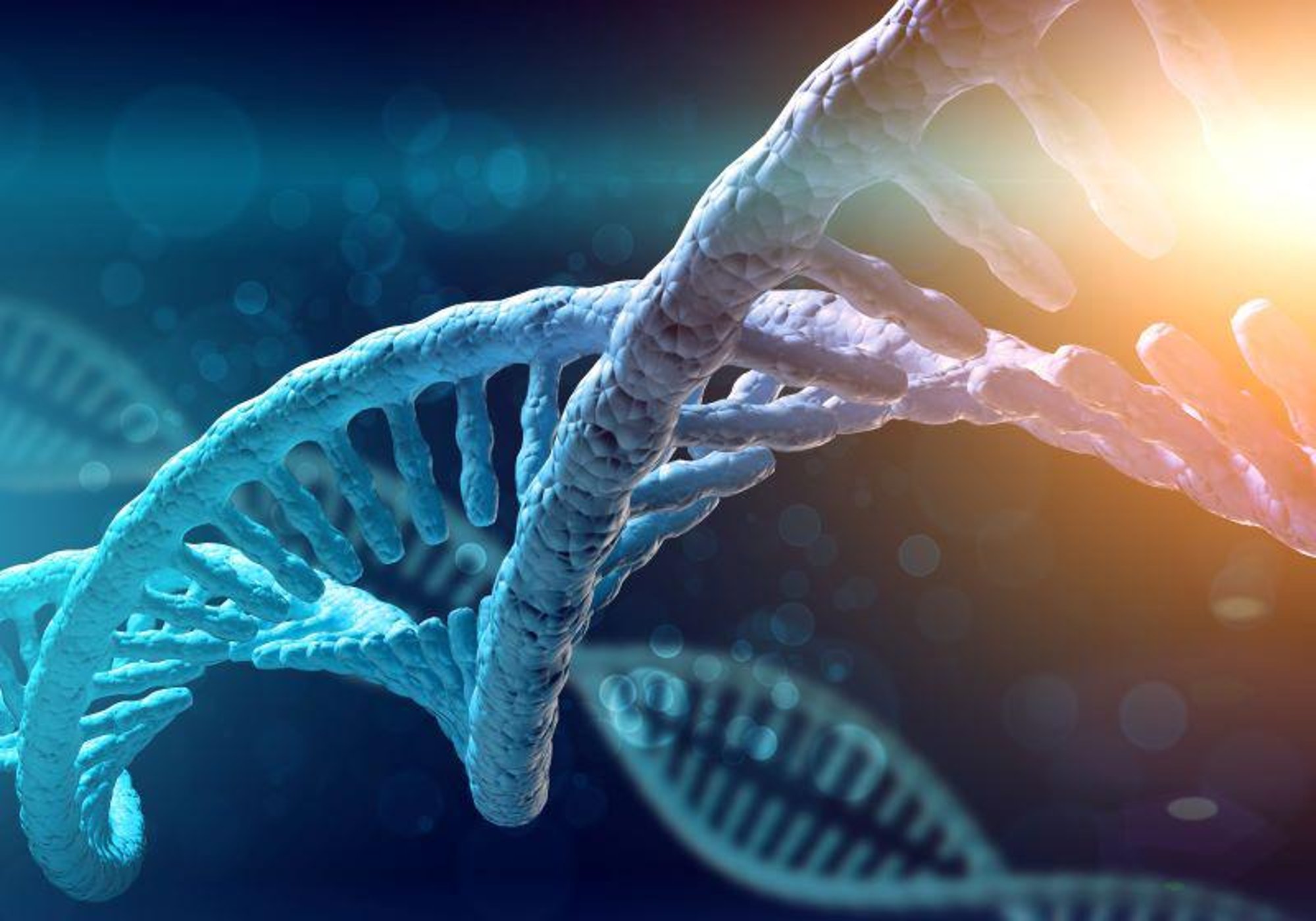Gene That Shielded Some Against Black Death May Be Helping, Harming People Today

WEDNESDAY, March 8, 2023 (HealthDay News) -- Some people may have a gene that helps protect them from respiratory diseases like COVID-19 -- and helped their ancestors fight the plague.
It comes at a cost.
This same gene variation may be linked to an increased risk of autoimmune disease, including rheumatoid arthritis and inflammatory bowel disease, according to British researchers.
“This gene essentially chops up proteins for the immune system,” said lead author Fergus Hamilton, a fellow at the University of Bristol.
“Although we don’t know the exact mechanism influencing disease risk, carriers of alleles that provide more protection against respiratory disease seem to have an increased risk of autoimmune disease," he said in a university news release. "It is potentially a great example of a phenomenon termed ‘balancing selection’ -- where the same allele has different effect on different diseases.”
Past research has found that survivors of the bubonic plague pandemic in the Middle Ages, known as Black Death, carried a variant -- or allele -- in a gene known as ERAP2. Those who died lacked this variant.
The new study found that humans now have the same variants, which is associated with protection against infections such as pneumonia and COVID.
To study this, researchers looked at infection, autoimmune disease and parental longevity across participants in three large genetic studies.
They looked for links between variation in the ERAP2 gene and risk of autoimmune disease and infection.
“This is a theoretical story of balance -- relating to historical and contemporary disease profiles -- which reflects our past and is rarely seen in real human examples,” said co-author Nicholas Timpson, a professor of genetic epidemiology at the university's MRC Integrative Epidemiology Unit.
Identifying links between genetics and susceptibility to disease can pave the way for potential treatments, researchers noted. It also highlights potential challenges, they said.
While scientists are developing therapeutics to target ERAP2 for people with Crohn’s disease and cancer, it is important to consider potential effects on infection risk posed by these agents, the authors said.
Study findings were published March 7 in the American Journal of Human Genetics. Researchers from the Universities of Edinburgh, Oxford, Cardiff, and Imperial College London also worked on the study.
More information
The U.S. National Library of Medicine has more on gene variants.
SOURCE: University of Bristol, news release, March 7, 2023
Related Posts
Tolerable Treatments Lacking for Higher-Risk Myelodysplastic Syndromes
FRIDAY, Oct. 20, 2023 (HealthDay News) -- There is a clear, unmet need for...
Hacer ejercicio en casa ayuda al cerebro, pero el ejercicio en grupo podría ser incluso mejor
JUEVES, 26 de enero de 2023 (HealthDay News) -- Una buena sesión de ejercicio...
Pandemic Brought Surge in Teen Drug Overdose Deaths
TUESDAY, Dec. 20, 2022 (HealthDay News) -- Deaths of teens from drug overdoses...
